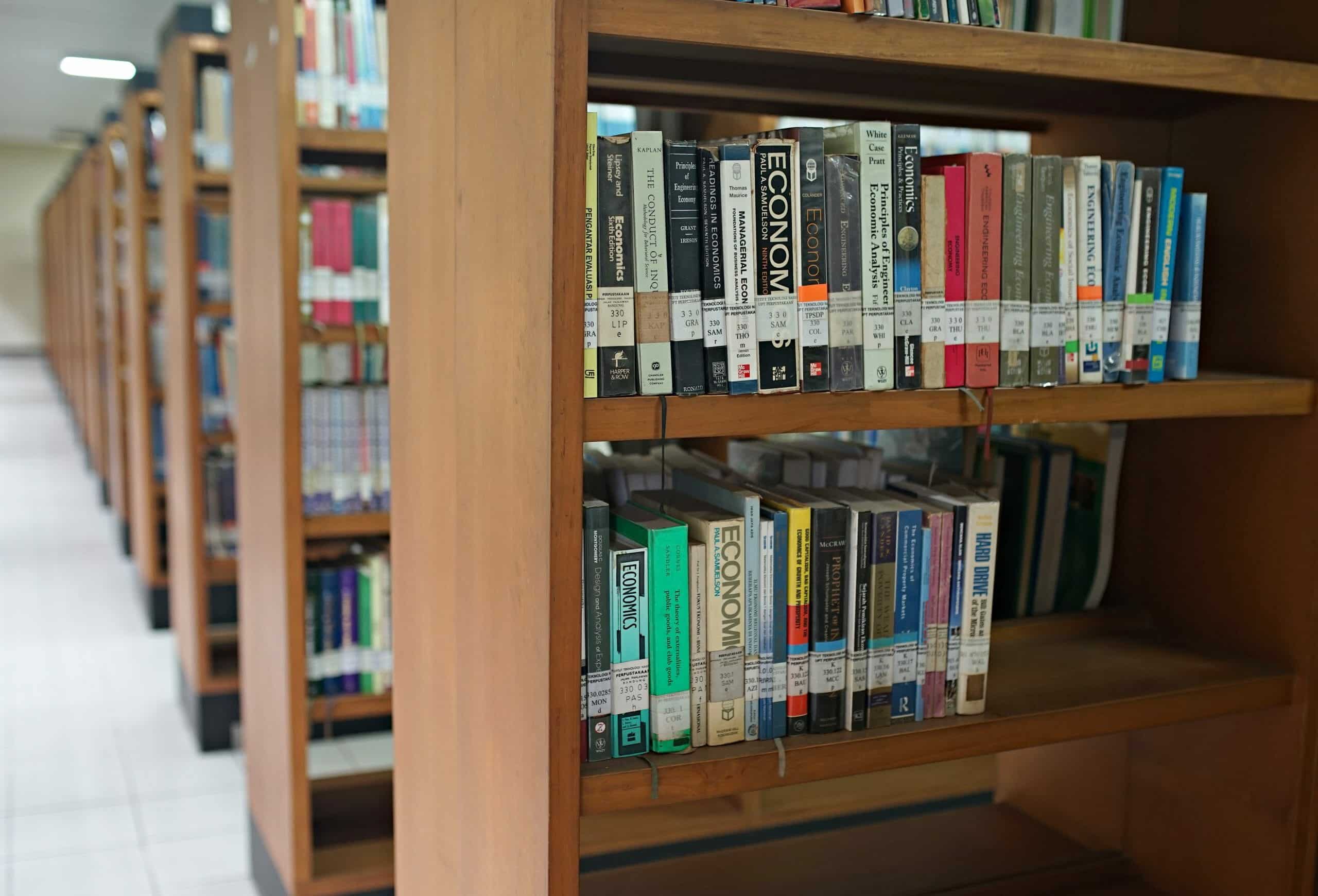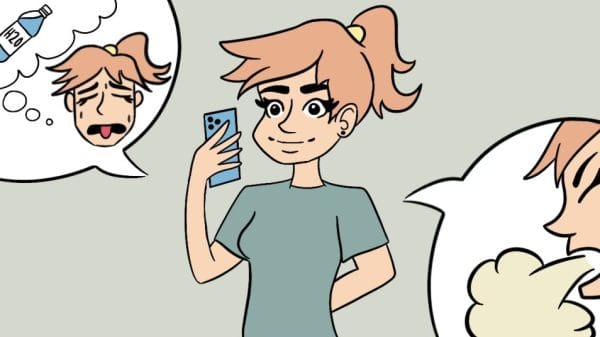In the wake of an uptick in American book censorship last November, many are responding by comparing this conservative movement to dystopian stories such as Fahrenheit 451 and The Handmaid’s Tale. Ironically, these narratives have found their way onto banned book lists, which seem to have even increased their popularity.
In November, according to The Dallas Morning News, Texas Governor Greg Abbott backed conservatives in a push to ban books containing “inappropriate content” from the libraries of public schools. A list of at least 850 titles was drafted for removal, mostly about race and sexuality. This censorship has also spread across other states, such as Virginia and Tennessee.
What Do Educators Think?
Since America’s English teachers are primarily responsible for developing our youth’s literacy and critical thinking skills, we should listen carefully to their opinions regarding this matter. For example, Kira Helm, a Texas English teacher who has experienced working in both private and public schools, says:
“If we avoid topics that are offensive or uncomfortable, we are creating a generation of students who aren’t able to see the world for what it truly is. We can’t alter the future if we don’t know and understand the past. We can’t appreciate others’ differences if we don’t acknowledge that people are different. Students will never be able to make up their own minds about something if they aren’t exposed to all the information.”
Additionally, Americans should trust teachers to use discretion and professionalism when working with their children. The push to change public school reading material mainly stems from parents wanting more control over their children’s education. However, parents may not realize that many teachers also want their involvement and support. Kelli Solock, a veteran Tennessee teacher, says:
“As a classroom teacher who had a library in her own room, books that were ‘sensitive’ could only be checked out with parents’ permission. During and after reading the book, I’d discuss it with them. I think that whatever is decided, it’s just important to have good discussions with students about what they are reading. The same goes for the parents. Just talk with your child. You may be surprised.”

What Do Authors Think?
Many authors of these banned books have voiced their opinions about censorship. In McMinn County in Tennessee, the graphic novel Maus has been banned from the 8th-grade curriculum because of nudity and language. In this graphic novel, Art Spiegelman (author) depicts his father’s experiences during the Holocaust.
In an interview, American Libraries Magazine asked Spiegelman about his opinion regarding using Maus, among other controversial texts, as teaching tools. Spiegelman replied:
“I would much rather a kid read them with teachers and a curriculum that tries to put the books in context. A kid can absorb anything if framed properly. I wouldn’t ban any of these books, but I would want them taught in context when necessary. The Holocaust is disturbing material and enormous for many reasons. It can happen again.”
A further push to remove Margaret Atwood’s novel, The Handmaid’s Tale, has elicited a similar response. Atwood has always seemed to believe in the possibility of an extreme conservative takeover. This view is evident through her ideas behind the plot of The Handmaid’s Tale, written in 1985. With the uptick in book banning and the overturning of Roe vs. Wade, Atwood posted an Instagram photo of herself holding a mug etched with the words, “I told you so.”
Atwood has even worked with her publisher, Penguin Random House, to create an unburnable copy of The Handmaid’s Tale. Click the link below to watch 82-year-old Atwood handle a flame-thrower, attempting to incinerate this new version of her book.
So, is Banning Books Truly as Bad as it Seems?
Book censorship is not a new conversation but a reignited one. There will always be moments when it is right to protect and shield the innocence of our children. However, we must remember that America is a country of religious freedom, and values and beliefs differ across the many families and cultures represented in public schools.
Perhaps we should focus on monitoring and nurturing children individually rather than censoring information from the top-down. Then, difficult stories could be taught in context with guidance from both parents and teachers to help develop literacy and critical thinking skills. Regardless, as seen with many of these banned books, censorship always seems to backfire, only encouraging more readership instead of stifling it.














